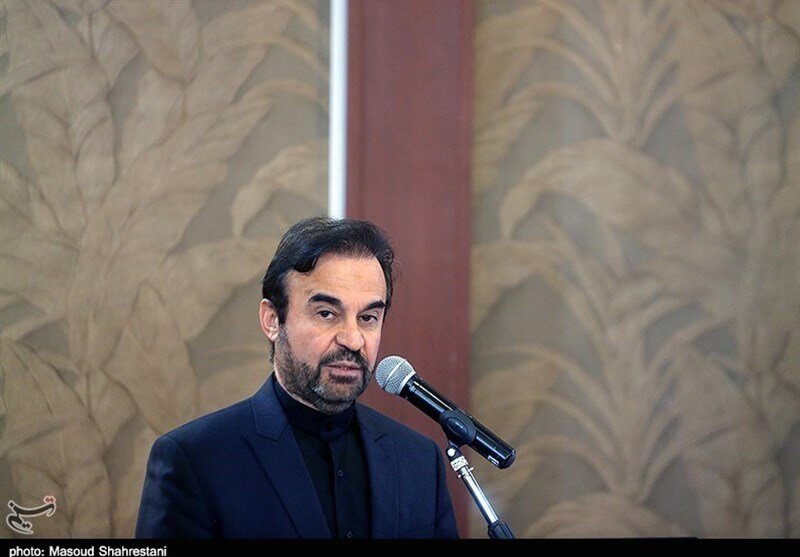Iran urges UN to take a firm stance against assassination of nuclear scientists

TEHRAN — Reza Najafi, Iran’s acting Deputy Foreign Minister for International Legal Affairs, has stressed that Tehran expects the United Nations to take a firm position in face of terrorist acts against Iranian nuclear scientists and Lt. Gen. Qassem Soleimani, Iran’s anti-terror hero.
Reza Najafi made the remarks in a meeting with Michele Coninsx, Executive Director of the UN Security Council Counter-Terrorism Committee, at Iran’s Permanent Mission in New York, IRNA reported on Friday.
So far, a number of Iranian nuclear experts have been assassinated. The main suspect for assassinations is Israel. Also, in January 2020 the United States assassinated Gen. Soleimani in a drone strike near Baghdad’s international airport. The assassination took place upon direct order of former U.S. president Donald Trump. ISIL celebrated the assassination of the legendary commander.
Najafi and Ms. Coninsx also focused on of mutual interaction in the fight against terrorism, cooperation capacities, terrorist threats in the region, including in certain countries near Iran, and the need to combat the financing of terrorist groups.
The situation in Afghanistan and the need for the United Nations to pay more attention to this Central Asian country in its current state in order to prevent the country to become a safe haven for terrorist groups, including ISIL and al-Qaeda, was emphasized by the Iranian deputy foreign minister.
The Iranian diplomat also said it is necessary that the United Nations take steps to counter this conception that the UN adopts double standards in the fight against terrorism.
In another separate meeting, Najafi met with Vladimir Voronkov, the UN Under-Secretary-General for Counter-Terrorism.
Implementation of the UN General Assembly resolution entitled Global Counter-Terrorism Strategy, the need to return foreign terrorist fighters and their families, especially children, to their camps in Syria and Iraq, and the potential threat of extremism and terrorist acts were discussed and the two sides expressed their concerns in this regard.
The current situation in Afghanistan and the need to prevent the country to become a safe haven for terrorists, as well as the approach of the UN counter-terrorism measures, were discussed.
Najafi also invited Voronkov to visit Tehran.
